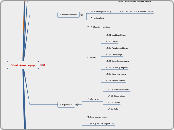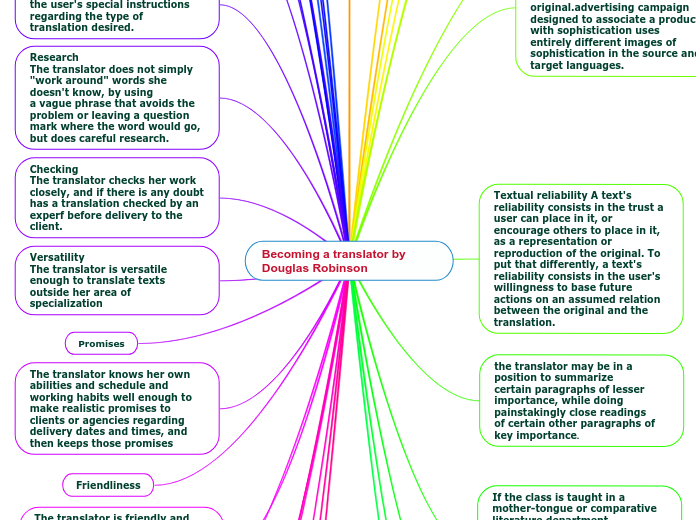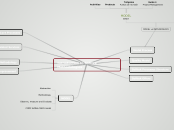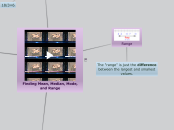คำศัพท์บทที่3
A noun is a word that functions as the name of some specific thing or set of things, such as living creatures, objects, places, actions, qualities, states of existence, or ideas.
14.intervening variable
ตัวแปรสอดแทรก
15.Model
โครงสร้าง
5.Principle Component of Nature
Compound nouns are words where two nouns have been stuck together to make a new noun. Compound nouns should be written as one word, without a hyphen.
กฎองค์ประกอบหลักของธรรมชาติ
4.Associative Law of Nature
Generic nouns are nouns that are part of a generic statement. Generic nouns can be singular or plural. The opposite of generic nouns is collective nouns.
The difference between definite/indefinite and generic nouns is that in the sentence there must be a blanket statement or question.
กฎความสัมพันธ์ของธรรมชาติ
3.Systematic Law of Natur
Proper nouns are the names of specific people or places. They should always begin with a capital letter.
กฎความเป็นระบบของธรรมชาติ
2.Deterministic Law of Nature
A concrete noun is a noun that can be identified through one of the five senses (taste, touch, sight, hearing, smell).
กฎเหตุและผลของธรรมชาติ
1.Foundation of Research
Possessive nouns are nouns which possess something, normally another noun.
ความรู้พื้นฐานของการวิจัย
13.extraneous variable
ตัวแปรเกิน
12.Data Processing
การจัดกระทำข้อมูล
11.Reliability
ความน่าเชื่อถือ
10.Validity
Countable nouns are nouns that can be counted, even if the number might be extraordinarily high.
Uncountable nouns are nouns that come in a state or quantity which is impossible to count; liquids are uncountable, as are things which act
like liquids.
ความถูกต้อง
9. Reorganizing
Common nouns are words for people, places or things that aren’t specific (as opposed to a proper noun which refers to only one person, place or thing).
Common nouns can be countable or uncountable, singular or plural.
การจัดระบบใหม่
8. Empirical
A noun which refers to a group of things/people.
ข้อมูลเชิงประจักษ์
7.Probabilistic Law of Nature
A noun which cannot be identified by using one of the five senses (taste, touch, sight, hearing, smell).
กฎความน่าจะเป็นของธรรมชาติ
6.Single relationship
Irregular nouns are nouns which don’t follow a spelling pattern when pluralized.
ความสัมพันธ์เชิงเดี่ยว









